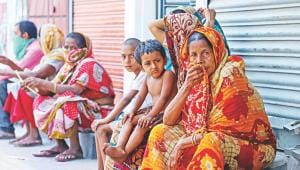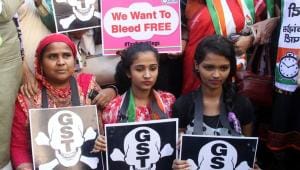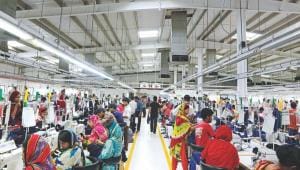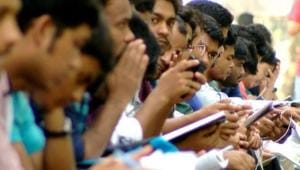Syeda Tasfia Tasneem
Are we truly free in the new Bangladesh?
Encouraging a culture of norm enforcement at the cost of human rights
4 September 2024, 10:00 AM
4 September 2024, 10:00 AM
How innovation and institution drive economic growth
There is no “one size fits all” solution to economic upgradation and growth.
16 December 2022, 14:00 PM
16 December 2022, 14:00 PM
More women are falling through the cracks now. Time to take control.
There is mounting evidence from around the world that the Covid-19 pandemic has not been gender-neutral. In the developing world, women are bearing the brunt of the secondary effects of the pandemic—both economically and socially.
3 September 2021, 18:00 PM
3 September 2021, 18:00 PM
Menstrual hygiene management: Ensuring affordability and accessibility
The basic human right to manage menstruation without facing economic constraints and social stigma is often perceived as a privilege for girls across the globe.
12 April 2021, 18:00 PM
12 April 2021, 18:00 PM
Circular economy in RMG: Reducing and reusing waste is the way to go
Globally, one garbage truckload of textiles is landfilled or incinerated every second and less than 1 percent of fibres used in garment manufacturing are converted into new wearable clothing.
18 February 2021, 18:00 PM
18 February 2021, 18:00 PM
Bangladesh RMG: Time to look beyond the comparative advantage of cheap labour
The world has been hit by a “black swan” event, a term used to describe an unpredictable incident that has large-scale economic and social implications.
28 October 2020, 18:00 PM
28 October 2020, 18:00 PM
Think out of the box to ensure learning continuity
On March 23, the University Grants Commission (UGC) had urged all universities to continue academic activities online in accordance with the global response to the coronavirus.
30 April 2020, 18:00 PM
30 April 2020, 18:00 PM
How the free-rider problem affects youth employability
In economics, the free-rider problem is referred to a market failure which is often associated with public goods. It occurs when someone benefits from the consumption of a shared resource or privilege without having to pay a fair share for it.
19 February 2020, 18:00 PM
19 February 2020, 18:00 PM









